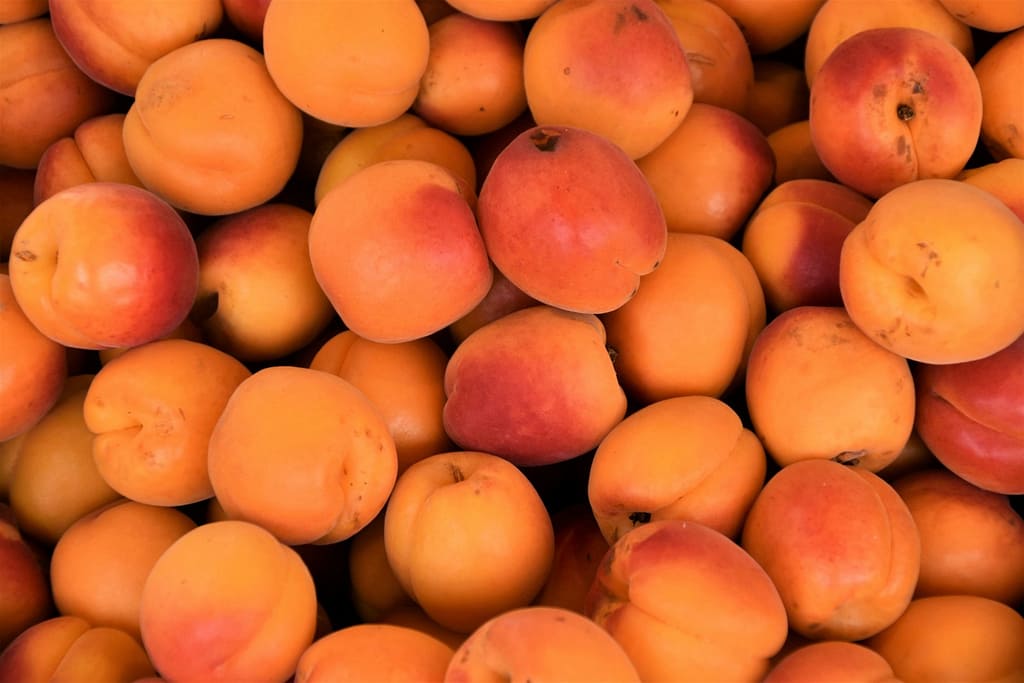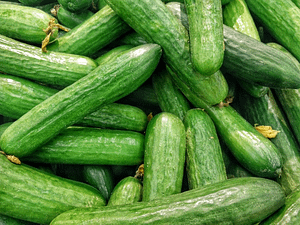
Lentils, scientifically known as Lens culinaris, are believed to have originated in the Near East and Central Asia. With a history of cultivation spanning thousands of years, lentils are one of the oldest known crops. Today, they are grown in various countries around the world, adapting to a wide range of climates.
Lentils are lens-shaped beans that come in a variety of colors, including green, brown, red, and black. They belong to the legume family and are highly regarded for their nutritional value.
Nutritional Benefits of Lentils
One of the primary reasons lentils are considered a valuable addition to a balanced diet is their rich protein content. Lentils are an excellent source of plant-based protein, making them an ideal choice for vegetarians and vegans. Protein is essential for building and repairing tissues, promoting healthy hair and nails, and supporting the immune system.
In addition to protein, lentils are also high in fiber. Fiber plays a crucial role in maintaining a healthy digestive system, regulating blood sugar levels, and promoting satiety, which can aid in weight management.
Lentils are packed with essential nutrients, including folate, iron, potassium, and magnesium. Folate is vital for cell growth and development, making it particularly important for pregnant women. Iron is necessary for the production of red blood cells and the transportation of oxygen throughout the body. Potassium and magnesium are essential minerals that contribute to overall heart health and help maintain proper muscle function.
Furthermore, lentils are low in fat and calories, making them a nutritious choice for those looking to maintain or lose weight. They provide a satisfying and filling meal without adding excessive calories or unhealthy fats.
Cultivation of Lentils
Lentils are relatively easy to cultivate and can be grown in a variety of climates. They are tolerant of both cool and warm temperatures, making them adaptable to different regions. However, lentils thrive in well-drained soil and prefer a sunny location.
When it comes to planting lentils, it is essential to choose the right variety based on the climate and growing conditions. There are different types of lentils available, each with its unique characteristics and adaptability.
Before planting, it is recommended to prepare the soil by removing any weeds or debris and adding organic matter to improve fertility. Lentil seeds should be sown at a depth of 1 to 2 inches, with a spacing of approximately 2 to 4 inches between each seed. Adequate watering is necessary to ensure proper germination and growth.
During the growing season, lentils require regular watering, especially during dry periods. However, it is important to avoid overwatering, as lentils are susceptible to root rot in waterlogged soil.
Harvesting lentils typically occurs when the pods have turned brown and dry. The plants should be carefully uprooted, and the pods can be threshed to separate the seeds. Lentils can be stored in a cool, dry place for an extended period.
Lentils into Your Diet
With their versatility and nutritional benefits, lentils can be incorporated into a variety of dishes. They can be used in soups, stews, salads, and even as a meat substitute in vegetarian dishes. Lentils can also be sprouted and added to sandwiches or wraps for an extra crunch and nutritional boost.
Here are a few ideas for incorporating lentils into your diet:
Make a hearty lentil soup with vegetables and spices.
Create a flavorful lentil curry with aromatic herbs and spices.
Add cooked lentils to salads for an extra protein and fiber boost.
Make lentil burgers or patties as a vegetarian alternative.
Cook lentils with rice or quinoa for a nutritious and filling meal.
When cooking lentils, it is important to rinse them thoroughly and remove any debris. Lentils can be soaked before cooking to reduce cooking time, although this step is optional. Lentils can be cooked on the stovetop or in a pressure cooker, depending on personal preference and time availability.
In conclusion, lentils are not only a versatile and nutritious food but also relatively easy to cultivate. They offer a range of health benefits, including high protein content, fiber, and essential nutrients. Whether you are looking to incorporate more plant-based protein into your diet or explore new culinary possibilities, lentils are an excellent choice.

